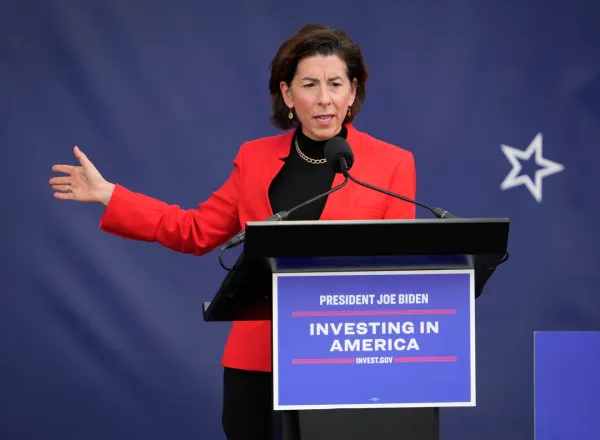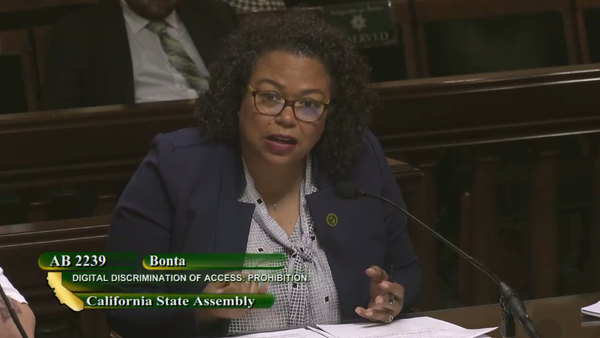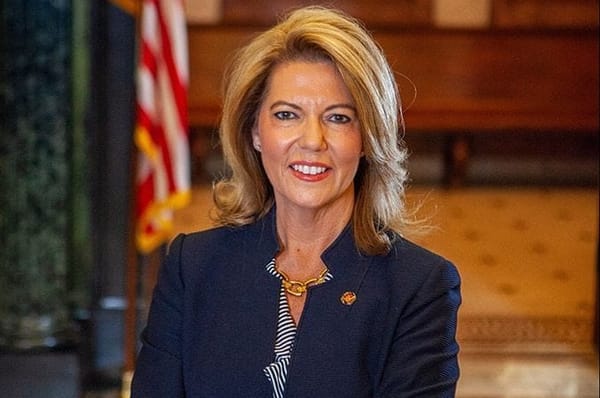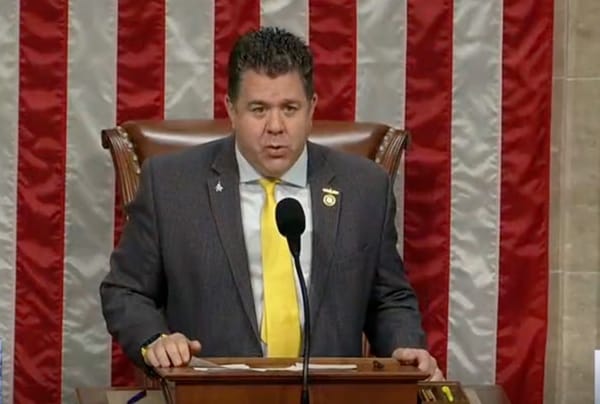Perspectives on Selection Criteria Reflect Views on Stimulus Program's Purpose
WASHINGTON, March 24, 2009 – NTIA and RUS broadband stimulus grant recipients should be selected in a way that honors the intent of the stimulus bill itself, a large group of stakeholders said at Tuesday afternoon’s roundtable on selection criteria.
News | NTIA-RUS Forum | Day 6, Session 2
WASHINGTON, March 24, 2009 – NTIA and RUS broadband stimulus grant recipients should be selected in a way that honors the intent of the stimulus bill itself, a large group of stakeholders said at Tuesday afternoon’s roundtable on selection criteria.
The second of three panels on the last day of public meetings on the broadband program by the Commerce Department’s National Telecommunications and Information Administration and the Agriculture Department’s Rural Utilities Service dealt with how grant-making authorities should choose which programs to fund.
Stakeholders had widely differing views on how to determine a proposal’s worthiness.
The statutory guidelines provide a good start in determining standards, said National Cable and Telecommunications Association Associate General Counsel Steve Morris. Morris invoked President Obama’s call for a transparent process, and said it be governed by a merit-based system of seven objective measurements to be shared between NTIA and RUS.
Job creation and preservation should be first and foremost among the selection criteria, Morris said. Preference should also be given to those applicants that can complete build-out within the statutory time periods, and that are able to maintain projects afterwards.
Infrastructure should be built out first the “last mile,” Morris said. And programs that target schools, libraries, and other “public interest” institutions should be ranked ahead of those that don’t, he added. Further considerations could be cost per capita and relative expense compared to other forms of communication, he said.
Morris’ theme of job creation was echoed by M2Z Networks CEO John Muleta, who emphasized the fiscal stimulus law’s direction to award grants to small businesses if possible. Small businesses are “the heart of the American economy,” Muleta said, noting that the Small Business Administration says that they account for 70 percent of American economic growth.
Programs should also promote job creation by encouraging “affordable and sustainable” adoption, which he said would fulfill the overall congressional intent behind the American Recovery and Reinvestment Act, the official name for the law.
Affordability should be the prime motivator in awarding grants, said Richard Murgon, president-elect of the Association of Public Safety Communication Officials International.
Many organizations can’t afford the $60 per month a wireless connection costs, he said. Selected programs should use off-the-shelf components and open protocols to keep costs down. “You gotta have standards,” he said.
Free Press research director Derek Turner called the afternoon’s topic “the most critical and challenging” of the discussions so far. NTIA and RUS have “an unenviable task” in turning legislative language into a system of picking winners and losers, he said.
The programs selected should promote adoption and affordability, Turner said. And selection criteria should turn an eye towards “civics,” or common benefits that can arise from building out a project.
Selected programs should focus on serving older Americans as well, said National Council on Aging CEO James Firman.
Only a minority of seniors have access at home, said Firman. Successful programs should focus on adoption and expansion of senior centers, he suggested. “It’s not just about getting pictures of your grandchildren,” he said. “It’s about helping people stay independent.”
And while some panelists, including M2Z’s Muleta, called for some sort of “peer review” process in lieu of state “rankings,” Turner said NTIA should have simply be able to defend its decisions.
“Peer review is great,” said Turner, but cautioned against allowing too much public input as opposed to a single accountable agency. He warned that some groups “hold themselves out to be representatives of the public when they represent the interests that fund them.”







